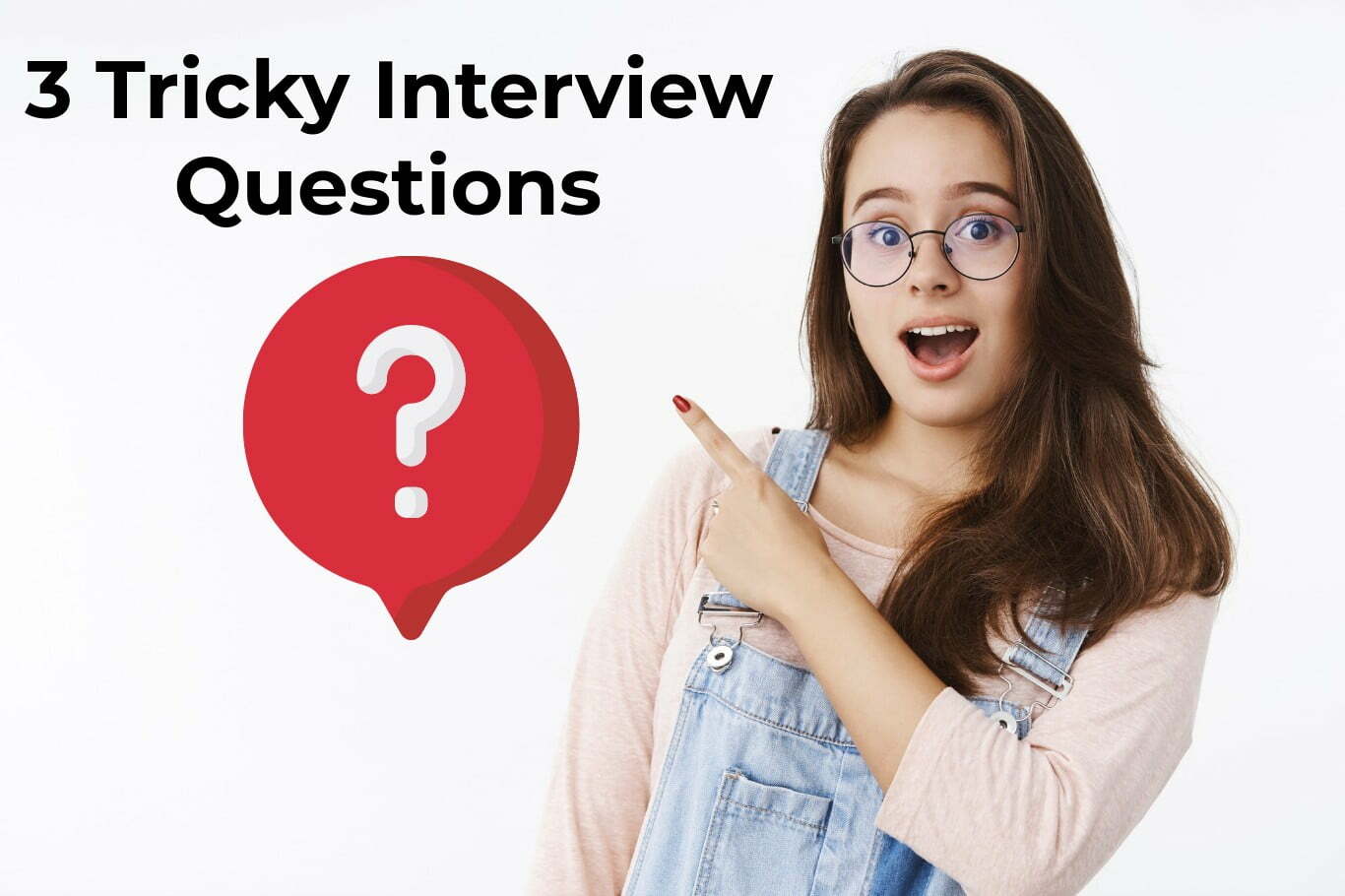Interviews occur in many shapes and sizes; however, you can almost always count on being asked a difficult question at some point.
Most of the time, these questions aren’t meant to throw you off your game but rather to get a better sense of your thinking process and whether or not you’ll be a good fit for the company.
We’ve compiled a list of some of the most popular and difficult interview questions, explanations of why an interviewer may ask them, and how you might respond.
You want your replies to show that you can think clearly. And to accomplish so, you must come prepared for each interview with a solid framework.
Here’s how to do it…
1. What makes you the best candidate for the job?
This is a difficult issue since it requires you to sell yourself. The obvious explanation is to provide a list of talents and accomplishments. But that’s not the way it’s done.
Three things must be demonstrated in your response:
You are capable of completing the task.
You’ll be able to blend in with the company’s culture.
You can dedicate yourself to the job.
To begin, check the job description for the precise talents the recruiters are seeking. Soft skills such as collaboration, creative thinking, and time management are also included.
Second, visit the company’s website to learn more about its culture and ideals. Learn about the company’s creative and free-thinking ethos or the strict adherence to rules and regulations.
Finally, you must understand your unique selling proposition (USP). What sets you apart from other candidates? To highlight this distinct feature, it’s ideal for presenting a success story. Alternatively, you might use any relevant results from a previous project.
You’re ready to answer the lethal question once you’ve completed the three steps outlined above.
2. What drives you to leave your current job?
Perhaps the notion of going to work each day makes you cry. Or maybe you want to hide in the conference room since your colleague talks on the phone for hours daily.
In either case, while explaining why you wish to quit your current employment, keep it professional (and avoid the personal). This is a tough interview topic, but there’s no need to dig into any possibly inappropriate responses.
Consider saying, “I’ve been with my current employer for X years, and I’m ready to discover something new.” Your value of work-life balance and teamwork makes me believe that your company’s culture is more suited to my needs.
3. What do you hope to get out of this job?
The cost of responding incorrectly to this challenging interview question is high. Employers want to know that you value them as more than just a source of income. They want to feel that they and their employees are in genuine collaboration.
So, if you’re hired for this job, explain to the hiring manager how you’d like to grow in this role, what you hope to learn, and what experiences you’d like to have.
“I’m trying to expand my knowledge in this field, and I’m especially willing to take on the tasks of [a], [b], and [c],” you could say.
An interview is a two-way street, and it’s important to remember that. You want to ensure that the company is a good match for you. Keep in contact for more helpful hints.



